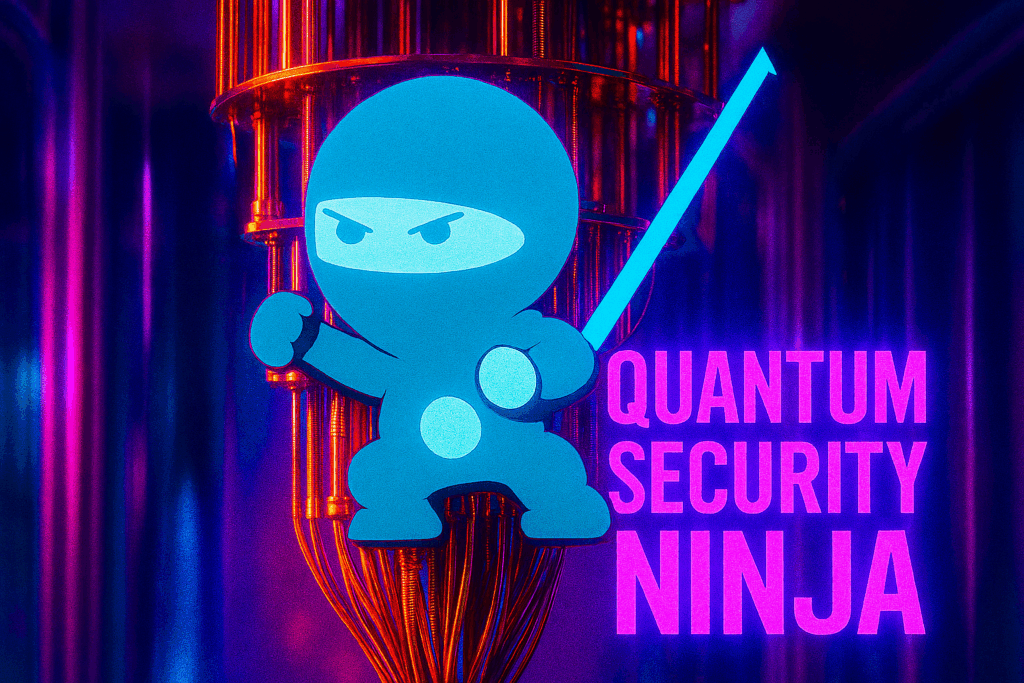Quantum Computing: The Looming Threat to Modern Security

For decades, encryption has been the backbone of digital security. From passwords to banking transactions, algorithms like RSA, ECC, and AES have safeguarded our data. But a new player—quantum computing—is rewriting the rules of cryptography, and the implications are terrifying. It will change security protocols across every segment and sector.
Why Quantum Computing Is So Disruptive
Traditional computers rely on bits (0s and 1s). Quantum computers use qubits, which can exist in multiple states simultaneously thanks to superposition and entanglement. This allows quantum machines to perform calculations exponentially faster than classical systems for certain problems.
One of those problems? Breaking encryption.
The Security Time Bomb
Most modern encryption relies on the difficulty of factoring large numbers or solving discrete logarithms—tasks that classical computers struggle with. Quantum algorithms like Shor’s Algorithm can factor these numbers in polynomial time, rendering RSA and ECC effectively useless.
- RSA-2048, considered secure today, could be cracked in minutes by a sufficiently powerful quantum computer.
- Elliptic Curve Cryptography (ECC) faces the same fate.
- Even blockchain systems—built on these cryptographic primitives—are vulnerable.
Passwords and Authentication
Quantum computing doesn’t just threaten encryption; it undermines password security. Hashing algorithms like SHA-256, while resistant to brute force on classical machines, can be accelerated by Grover’s Algorithm, reducing the complexity of cracking hashes from O(2n)O(2^n)O(2n) to O(2n/2)O(2^{n/2})O(2n/2). That means a password that would take billions of years to crack today could fall in hours.
Impact on the Marketplace
- Financial Systems: Banks rely on RSA/ECC for secure transactions. A quantum breach could expose trillions of dollars.
- Cloud Services: Data-at-rest encryption becomes meaningless if keys can be derived instantly.
- Healthcare & IoT: Sensitive patient data and connected devices could be compromised at scale.
- E-commerce: Digital signatures and SSL/TLS certificates would need a complete overhaul.
The Race for Post-Quantum Cryptography
The good news? Researchers are developing quantum-resistant algorithms under NIST’s Post-Quantum Cryptography initiative. Lattice-based cryptography, hash-based signatures, and multivariate polynomial schemes are leading candidates. But migrating global infrastructure will take years, and quantum hardware is advancing fast.
What Should Businesses Do Now?
- Inventory Cryptographic Dependencies: Know where RSA, ECC, and SHA are used.
- Adopt Hybrid Solutions: Combine classical and quantum-safe algorithms.
- Stay Ahead of Standards: Monitor NIST recommendations and vendor roadmaps.
- Plan for Crypto-Agility: Systems must support rapid algorithm changes.
Overlying Summary
Quantum computing isn’t science fiction—it’s a ticking clock. Organizations that ignore this threat risk catastrophic breaches. The time to act is now, before quantum supremacy turns today’s security into tomorrow’s vulnerability.







